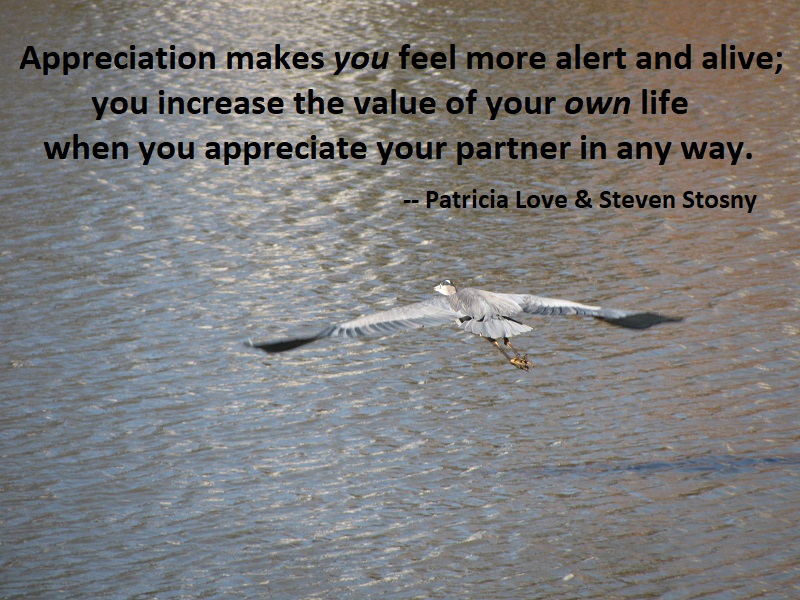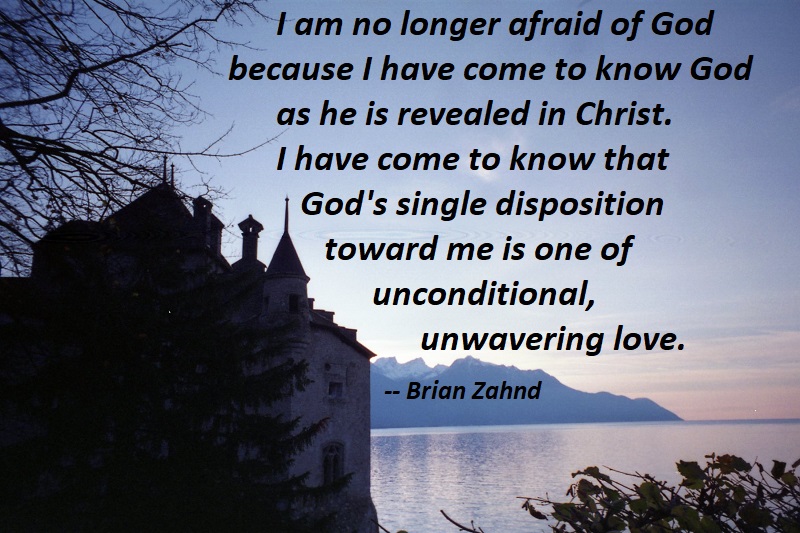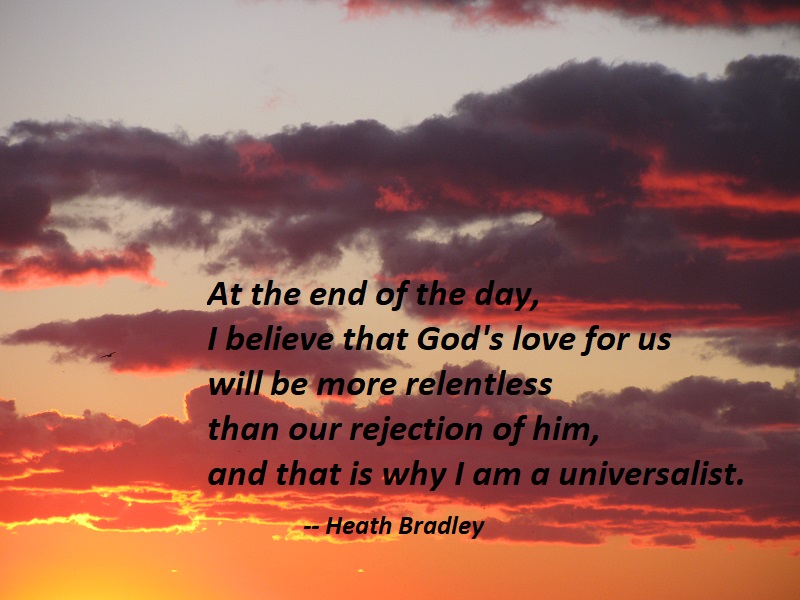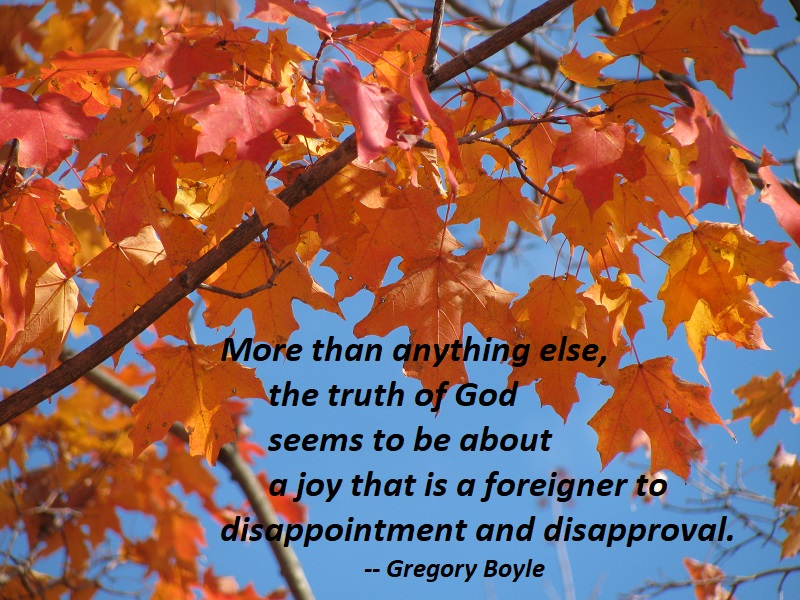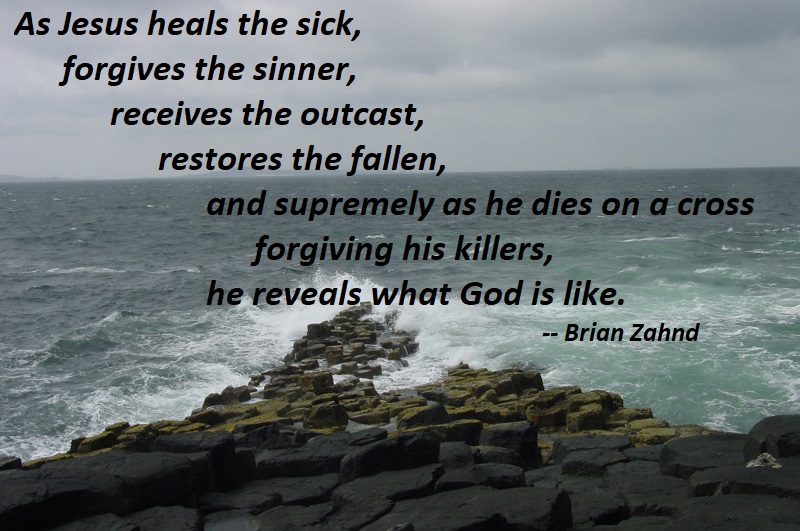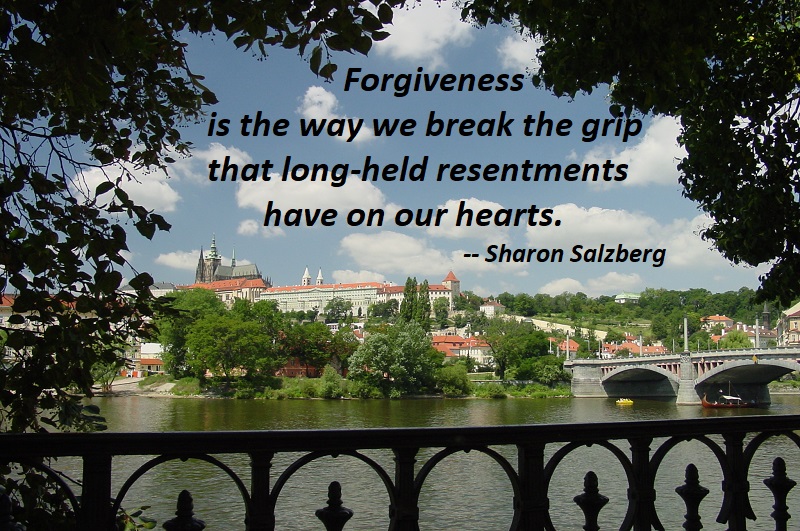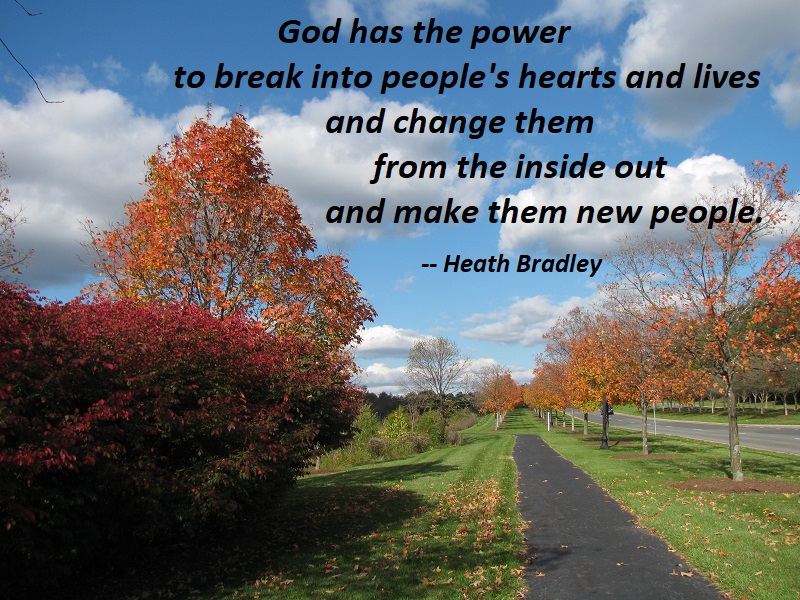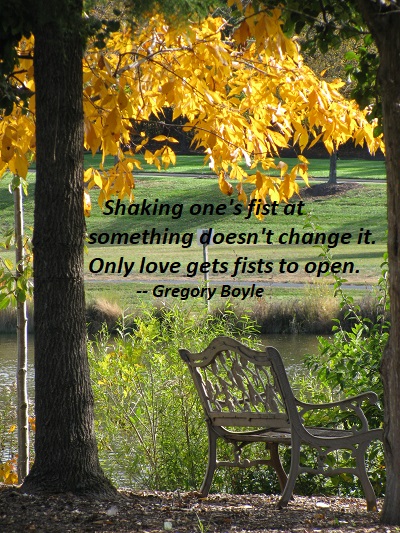Appreciation and Value
Appreciate means to value your partner. Appreciation, in turn, makes you feel more alert and alive; you increase the value of your own life when you appreciate your partner in any way. When your partner feels your appreciation, you don’t have to worry about whether you compliment or praise him or her enough. And if you felt your partner’s appreciation, you wouldn’t feel so bad that he or she doesn’t think to compliment you. As a matter of fact, compliments seem empty if they do not convey in some sense that your life is better at this moment because of the person you appreciate.
Patricia Love and Steven Stosny, How to Improve Your Marriage Without Talking About It, p. 101-102
Photo: South Riding, Virginia, November 24, 2017
—
